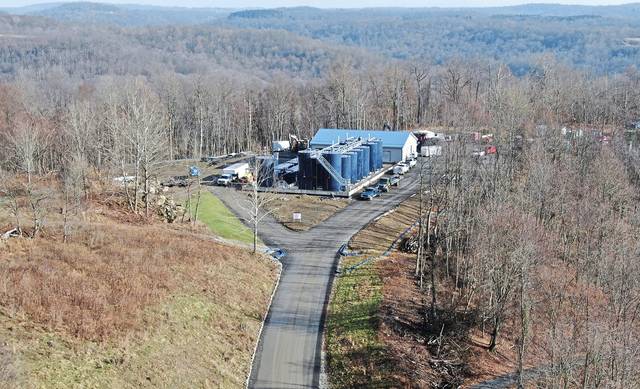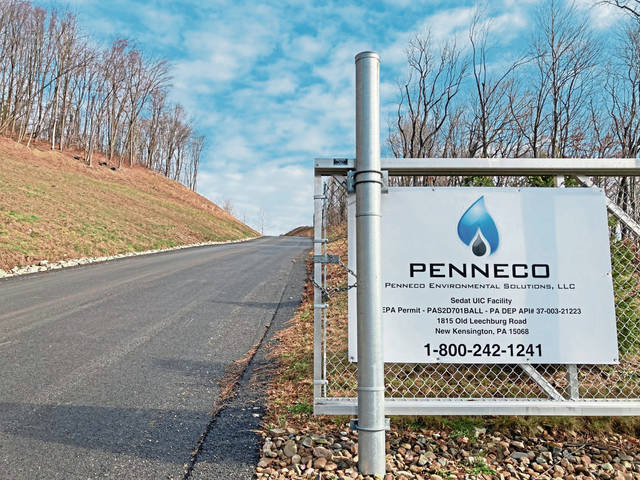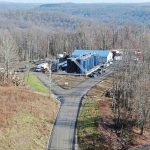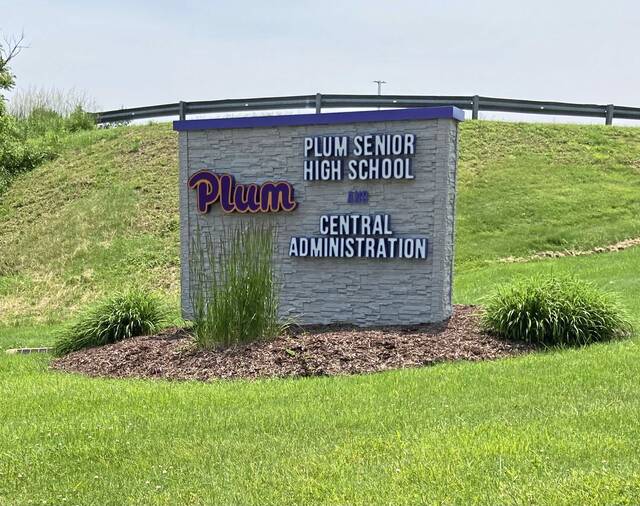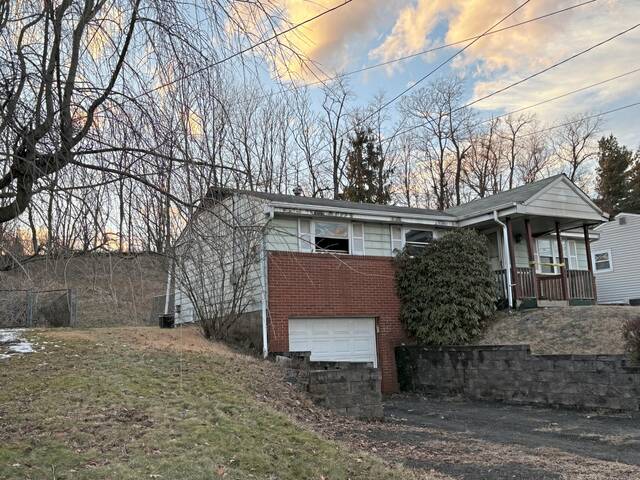Environmental groups have called on Gov. Tom Wolf to revoke a state-issued permit that allows an oil and gas company to dispose of fracking fluids at a site in Plum.
“We again want to ask the governor of Pennsylvania to uphold our constitutional rights to clean air and pure water and revoke the permit for the Plum waste injection well,” said Gillian Graber, executive director of ProtectPT, an environmental group based in Harrison City.
Graber hosted a virtual news conference Jan. 14 to publicize a letter co-written by Protect PT, Citizens 4 Plum and Breathe Project. It was signed by several others, including some residents of Plum, and sent to Wolf’s office in Harrisburg on Jan. 13.
The letter encourages Wolf to use his executive power to revoke the state Department of Environmental Protection’s permit, which was issued in April.
Lyndsay Kensinger, a spokeswoman for Wolf, said the governor’s office will review the letter.
“However, the governor does not have the authority to himself revoke or suspend permits,” she wrote in an email. She said ensuring permitted projects meet all statutory and regulatory requirements is up to the DEP.
Delmont-based Penneco Environmental Solutions LLC has planned for years to use an inactive existing well that borders Murrysville and Upper Burrell to dispose of naturally occurring fluids and fluids generated by hydraulic fracturing from oil and gas operations.
Fracking is a technique to extract oil and gas from rock by injecting high-pressure mixtures of water, sand or gravel and chemicals.
The conventional, non-shale well off Old Leechburg Road was first drilled in 1989. It was plugged in 2015.
Penneco first applied for a permit to build the disposal facility, or Underground Injection Control (UIC) site, in an old natural gas well six years ago.
Since then, hundreds of residents have expressed opposition to the project. The borough even appealed the state’s decision to issue Penneco a permit. It since has dropped that appeal after saying the litigation would be too expensive and likely futile.
The environmental groups’ letter to the governor listed several concerns about the practice of injecting wastewater into the ground. The groups alleged Penneco’s well of having engineering structural inadequacies and said the injection could cause earthquakes and contaminate water wells and rivers with radioactive materials.
The virtual press conference can be seen below.
Ben Wallace, Penneco’s chief operating officer, said the company disputes the “characterization that there are inadequacies in our permits or approved operations.”
Despite the years of opposition to the project, the EPA and the state Department of Environmental Protection have issued permits — under certain conditions.
The EPA, for example, has restricted the injection well’s monthly intake of produced fluids and requires the company to do mechanical integrity tests after construction.
Construction began in the fall of 2020, Wallace said. He expects the well to be in operation by March.
“Because of all the concerns, we exceeded EPA standards in order for it to be operated safely. We built a quality facility that is well-suited to handled the waste from Marcellus (shale drilling),” he said.
Wallace cited responses to the project from the EPA and DEP, which, in part, indicate the project’s safety.
“The well, its operation, surrounding geology, etc., have been formally addressed in detail through the permitting processes,” Wallace wrote in an email. “They were studied by our technical experts before submission and then studied by the technical staff at both the (DEP) and the (EPA’s UIC program).”
According to the EPA, there are about 180,000 injection wells of this class — “class II” — operating in the U.S. today. The agency estimates 2 billion gallons of fluids are injected in the country every day and says most oil and gas injection wells are in Texas, California, Oklahoma and Kansas.
Graber, of ProtectPT, expressed concern that Penneco’s transformation of an existing well to an injection well will lead to additional companies copying the process in Pennsylvania.
“Waste is a huge issue with this industry,” she said. “Any opportunity for them to solve a problem successfully will make it possible for them convert other wells.”
The DEP has estimated that hundreds of thousands of wells have been drilled in the commonwealth since 1859. A map generated by the agency, last updated February 2020, lists 11,693 abandoned, plugged, orphaned and vented wells.
StateImpact PA, a media site that tracks oil and gas activity in Pennsylvania, states there are seven such injection wells across the state.
“UIC disposal of oil and gas waste — back into formations where it naturally occurs — is safe and effective,” Wallace wrote in an email. “It remains perhaps the safest waste disposal method and is recognized as an industry best practice by regulators.”
Anthony Ingraffea, a professor of engineering at Cornell University, questions that claim for this particular well, however. He pointed out the well’s age and said it was not designed for what it will be used for now.
Ingraffea worried Penneco did not follow best engineering practices.
“The possibility is we will get migration into an underground source of drinking water,” he said.
Matt Kelso, a Plum resident, works for FracTracker Alliance, an organization that tracks hydraulic fracturing. He said there are about 10 residents who live within a couple hundred feet of Penneco’s injection well. But he said there are thousands of people who live in proximity to the well and that he is worried about it causing earthquakes and contaminating drinking water.
The U.S. Geological Survey has linked the occurrence of quakes in Oklahoma to oil and gas injection wells there. Quakes also have been linked to injection wells in Ohio. One earthquake in New Castle, Lawrence County, was linked to fracking.
Plum Councilman Dave Vento, who participated in the virtual news conference, said the borough updated its zoning ordinance in December 2017 to limit fracking activity to rural residential and industrial zones. The update did not include regulations on injection wells.
Grabersaid if the governor does not revoke Penneco’s permit from the DEP, it will continue to educate residents on issues surrounding oil and gas activity. She encouraged concerned residents to visit Protect PT’s website for more information about the topic, including resources on how to get their water monitored and tested.


